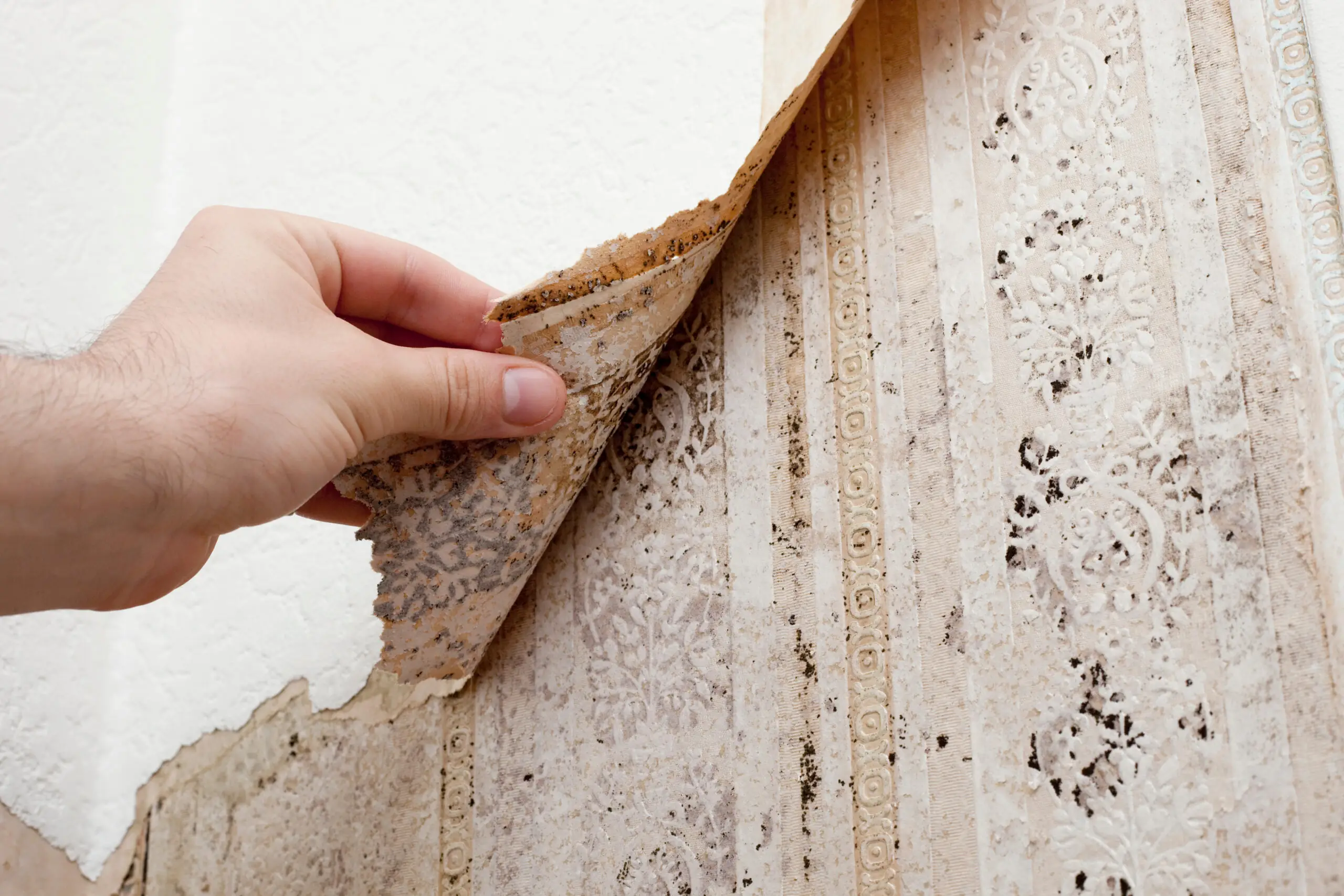After buying your dream home, you notice something that nobody mentioned at the time of the sale: cracks in the foundation, mould in the walls, water coming into the basement… These all might be considered hidden defects. In Quebec law, these are also called “latent defects”.

Warranty against hidden defects
In most cases, you benefit from a warranty against hidden defects. It doesn’t matter whether you buy from a professional seller or someone else. In other words, the law protects you.
This warranty against hidden defects is also called a “legal warranty of quality” in Quebec law. It applies to the home and everything attached to it, such as:
- a pool,
- a chimney,
- a deck,
- a garage,
- a storage shed.
|
Be careful. There are exceptions! For example, if you buy something at a judicial sale (following a court decision or court order), you don’t get the warranty against hidden defects. |
What is a defect?
A defect is a serious flaw that lowers the quality of the home. It must be serious enough to prevent the owner from having full and normal use or enjoyment of their home.
The law protects the buyer if the flaw is so serious that the buyer might not have bought the property or paid as high a price if they had known about it.
Hidden defects
A defect is “hidden” if it meets these three requirements:
- It’s not visible and can’t be discovered through a simple inspection.
- It existed at the time of purchase.
- The buyer didn’t know about it.
The seller is responsible for a hidden defect even if they also didn’t know it existed at the time of the sale.
Visible defects
In general, a seller is not responsible for what is known as “apparent defects” in Quebec law.
Apparent defects are visible and can be discovered through a simple inspection, meaning one that doesn’t require an expert opinion. The buyer is responsible for doing this kind of inspection when they visit the property. The buyer’s inspection must be serious, attentive and careful.
Solutions for the buyer
The warranty against hidden defects gives the buyer the right to different solutions, depending on their situation:
- a reduced purchase price,
- reimbursement for repairs that were done or will need to be done to repair the defect,
- reimbursement for harm suffered in some cases,
- cancellation of the sale, which means returning the property to the seller and receiving full reimbursement for the purchase price.
|
What can you do if you discover a hidden defect? You must notify the seller as soon as possible after the defect is discovered. The notice must be in writing. |
Buying at Your Own Risk
If you buy a property “at your own risk” this means that you accept the condition it is in, whether it has defects of not. If your sale agreement says this, you don’t have protection against hidden defects. You are buying the property… and all its defects!
Note: If you bought a property from a professional seller, they can’t sell it to you “at your own risk” or without the legal warranty. Professional sellers must guarantee the quality of the properties they sell.
To understand the differences between a professional and non-professional seller, here are examples taken from court decisions:
Professional seller (also called specialized seller)
Non-professional seller
- Someone who earns their living from selling real estate on a regular basis.
- A seller who built the home in order to sell it.
- Someone selling their own home.
- A retired real estate agent selling their own home.
- A lender, such as a bank, selling a property that was previously owned by someone who failed to pay the mortgage (foreclosure).
- Someone acting as the liquidator (executor) of an estate.
- Someone who occasionally sells real estate.
Be careful! When a real estate broker acts as an intermediary between a seller and buyer, the broker is not considered a professional seller.
In all cases, if the seller knew about the hidden defect and didn’t tell you, you can complain and protect yourself from this kind of dishonest and fraudulent behaviour.
Sellers must tell buyers about defects they’re aware of
Sellers must tell you about defects they’re aware of and that can affect the home you want to buy. In other words, they must be honest.
Sellers can’t do these things:
- lie to hide the existence of a defect,
- fail to mention something important to the buyer,
- provide misleading information to get the buyer to pay a higher price or agree to other conditions that are better for the seller.
The seller must inform you of any defects so that you can determine the cost of renovations or repairs. Since some defects can reduce the property value, this gives you the opportunity to renegotiate or ask for a price reduction.
Inspecting the home before you buy it
You aren’t required to hire a residential building inspector to do a home inspection before you buy it. However, the law says that any defects a careful buyer could have noticed are not covered by warranty.
|
Not doing a home inspection, or not doing one carefully and diligently enough, means you accept to buy the building with all the defects that could have been discovered during an inspection. So, you must take care of these repairs and the costs associated with them. |





